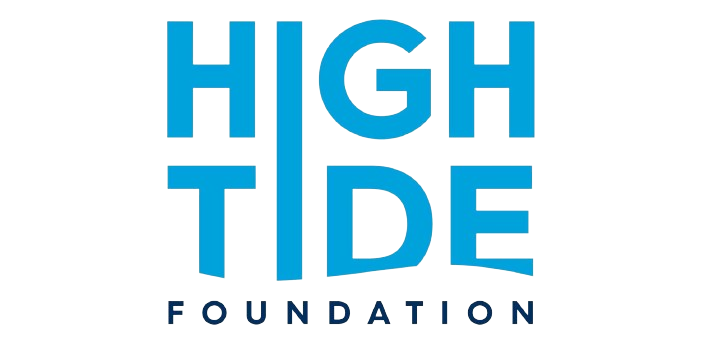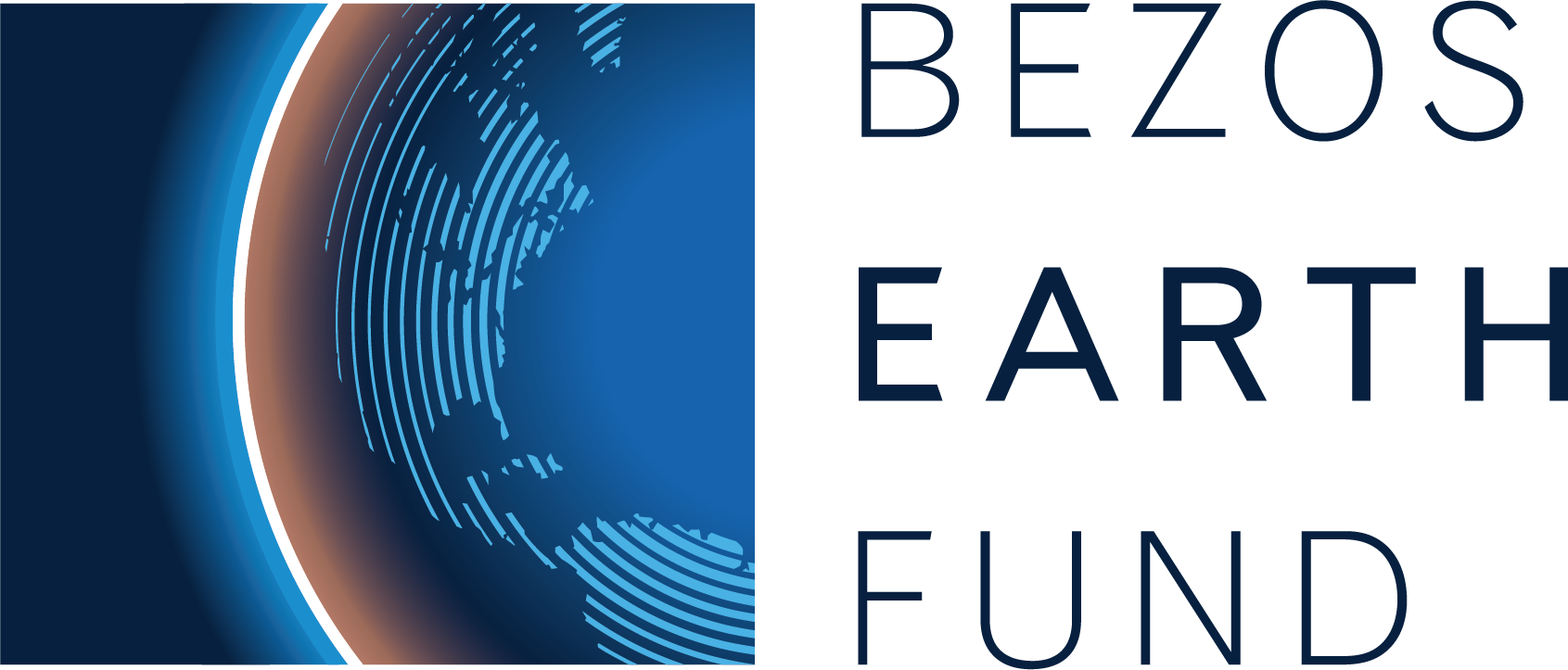Integrity Council confirms Verra and ART meet its high-integrity benchmark
Written by ICVCM
Published

World’s largest carbon-crediting program makes significant changes to comply with rigorous Core Carbon Principles criteria
Verified Carbon Standard (VCS, operated by Verra) the world’s largest carbon-crediting program, has met the high-integrity Core Carbon Principles (CCPs) after making significant changes to its procedures, the Integrity Council for the Voluntary Carbon Market announced today as it published the second in an ongoing series of assessment decisions.
The Integrity Council Governing Board has also approved the Architecture for REDD+ Transactions (ART, operated by Winrock International) program, which operates globally (through the TREES methodology that is currently under ICVCM multistakeholder assessment). These programs join ACR, CAR and Gold Standard, as the CCP-Eligible Programs under the ICVCM. Together these five programs have a 98% share of the voluntary carbon market.
The next step towards enabling CCP-Eligible programs to issue CCP-labelled credits is the assessment of the methodologies they operate. Methodologies are the rules that carbon-crediting programs set for designing and implementing different kinds of projects. Under the Integrity Council’s “two-tick” approach, CCP-Eligible programs may only tag carbon credits with the CCP label if those credits have been generated using methodologies have also been approved by the Integrity Council.
The Integrity Council has grouped more than 100 methodologies into 29 categories for assessment, which cover more than half the issued volume of credits in the market. Assessment of those methodologies has been underway since late 2023 and the Governing Board expects to announce its first decisions on the methodologies that meet the rigorous CCP standards in June, paving the way for the first CCP-labelled credits will appear in the market.
The volume of CCP labelled credits is expected to grow steadily over 2024 as assessments are completed and decided upon by the Governing Board and it expects to have largely completed assessment of these categories by the end of September. Significant methodologies such as TREES, the methodology operated by ART, and the new Verra methodology for REDD+ (VM0048) are currently under assessment in a Multi-Stakeholder Working Group of experts.
CCP-Eligible status means the programs have demonstrated that they meet the rigorous CCP criteria for effective governance, transparency, tracking and robust independent third-party validation and verification. They have also met the CCPs’ program-related rules on robust quantification of emission reductions and removals, no double counting and sustainable development benefits and safeguards.
Programs approved by the Integrity Council have all made changes to the way they operate to comply with the high-integrity CCP criteria. For example, VCS has introduced a new programme to monitor the performance of the independent assessors of projects; updated its grievance procedure to ensure impartiality; and has committed to stronger sustainable development outcomes, including publishing the results of benefit-sharing arrangements with local communities. Full details of changes made by programs will be published on the website.
Carbon-crediting program Puro.earth, which operates removals methodologies, has today announced that it has applied for assessment while Isometric and Social Carbon are still being assessed. Other programs are welcome to apply and encouraged to do so.
The CCPs set the first global benchmark for high-integrity carbon credits. They are designed to build trust in the voluntary carbon market, and introduce standardisation, providing a strong foundation of integrity that will enable the market to scale and maximise its potential to tackle rising greenhouse gas emissions. Their rigorous criteria provide assurance that CCP-labelled credits each represent a tonne of emissions reduced or removed from the atmosphere, and that they finance projects that bring sustainable development and biodiversity benefits.
Governments and regulators are also looking to the CCPs as an international standard that can be incorporated into their frameworks. For example, the UK intends to consult on endorsement of the CCPs and consider how to reflect them in policy, regulation and guidance; the International Swaps and Derivatives Association (ISDA) has endorsed the CCPs and CCP-labelled credits as providing a benchmark of credit quality for the VCM; and the Commodity Futures Trading Commission has published draft guidance on listing carbon credit derivatives that refers to the CCPs.
Annette Nazareth, Integrity Council Chair, said: “Today’s announcement shows our assessments are making good progress and we are confident that CCP-labelled credits will soon be available to corporate buyers. While companies’ first priority must always be to make rapid cuts to their own emissions, buying high-integrity credits allows them to go further and take responsibility today for emissions they cannot yet cut. Evidence shows this also spurs on their efforts to decarbonise their operations and supply chain and we know it will help accelerate progress on our global climate goals.”
Amy Merrill, Integrity Council Interim Chief Operating Officer, said: “We are really pleased to see the evidence of our impact; ever since we released our rules last July, and particularly recently during assessments, we have seen the biggest programs make substantive changes to their rules to meet our requirements. We are now in oversight mode for these programs, ensuring their continued adherence to our rules. Our assessment of smaller and non-CORSIA programs is ongoing, including those operating innovative methodologies that are also subject to ICVCM assessment.
“We are continuing to make progress on the assessment of Categories. We are committed to ensuring that the Categories assessments are carefully done, fair and robust, and we are confident
that the Governing Board will be able to take decisions enabling CCP labels to be in the market very soon. Eligible programs are getting ready to be able to label the relevant credits when those decisions are taken.”
Assessment of Methodologies
Carbon credits can be tagged with the CCP label if they meet the “two tick” assessment requirements: issued by CCP-Eligible carbon-crediting programs; and issued under CCP-Approved methodologies. The Integrity Council does not assess individual carbon-crediting projects, and CCP-Eligible programs will be responsible for identifying credits that can be labelled, which ICVCM will oversee through its oversight functions.
The majority of categories of carbon credit methodologies raise complex issues in one or more specific aspects and are being assessed by expert Multi-Stakeholder Working Groups (MSWGs). The first three MSWGs have finished their work, and these categories of credits are expected to come to the Board for decision in the coming months. They are:
- MSWG 1 – Improved Forest Management.
- MSWG 2 – Sustainable Agriculture, Rice Cultivation Methane Avoidance, Nutrition / Nitrogen Management, Buffer Practices and Afforestation, Reforestation and Revegetation (ARR).
- MSWG 3 – Grid Connected Renewable Energy, Mini-Grids, Renewable Energy.
- MSWG 4 – considering REDD+ (Reducing Emissions from Deforestation and Forest Degradation) and Jurisdictional REDD (JREDD) methodologies for forestry projects at national or sub-national scale, began in March.
- MSWG 5 – considering clean cookstoves and household biodigesters will begin in early May.
- MSWG 6 – set to begin in July will consider a number of issues in sequence, including biochar, tech-based CCS, industrial biodigesters and other clusters of methodologies that require more specialised review.
The Integrity Council will publish decisions and make announcements after each month’s Board meeting. In line with its commitment to transparency it is regularly updating its website with the progress of assessments.
Mobilising finance for nature-based solutions
The CCPs aim to accelerate investment in protecting and restoring forests and other natural carbon sinks and inform the development of high-integrity nature-based projects.
ART is focussed on the emerging field of JREDD+ forestry projects at national and sub-national scale, which have the potential to greatly increase the impact of the VCM. It operates globally and is currently in the process of issuing TREES credits in 20 jurisdictions across 16 countries.
Mary Grady, Executive Director, ART said: “We appreciate this recognition of the rigor of our program and will continue to engage constructively with ICVCM to defend best practices in a world that is demanding not only carbon market integrity, but also inclusivity and urgency. ART’s mission is to catalyze new, large-scale finance for forest countries that are protecting and restoring forests at scale. As part of the ICVCM process, ART will continue to bring our expertise and experience to the table by participating on the governing board and expert working groups.”
Verra is the biggest issuer of credits for REDD+ forestry projects, which allow investment in keeping forests standing and avoiding forest degradation. In November 2023, Verra launched a new REDD methodology — currently being assessed by the ICVCM — that consolidates several older approaches and adds jurisdictional baselines. While the older methodologies were not submitted, Verra has a transition process for its projects to move to the new methodology that ICVCM is currently assessing.
Judith Simon, President and Interim CEO, Verra said: “From its inception almost 20 years ago, Verra has pioneered market solutions to drive finance into climate action. We have been honored to enjoy the confidence of project stakeholders and market investors. Today, we celebrate the ICVCM’s recognition that our landmark VCS Program is fully aligned with the detailed criteria of the Core Carbon Principles (CCPs) for high-quality carbon credits.
“Verra is proud to be part of this collective journey to raise the quality bar across carbon markets. The ICVCM’s work to establish a common understanding of credit integrity is crucial to realizing it on the ground – both in established crediting programs like ours and in newer market entrants. We must all stand for rigor, transparency, and vigilance for science-backed and consensus-driven standards. Verra will continue to work with the ICVCM as we all strive to innovate and evolve market standards to maximize climate impact.”
Overseeing the market
The Integrity Council’s approach to creating a high-integrity voluntary carbon market is modelled on that of a financial regulator. Its Core Carbon Principles and CCP Rulebook are the result of extensive consultation and set the rules of the market.
CCP-Eligible programs will be subject to the Integrity Council’s assurance and oversight functions to ensure programs follow its high-integrity rules and properly monitor CCP labelling of carbon credits. It will audit programs, make spot checks and respond to complaints. If it finds material failings it will, after following due process and in a transparent manner, be able to suspend or terminate the eligibility of the program or methodology.
The Integrity Council intends to improve and strengthen its Assessment Framework over time, based on feedback received on the first iteration, the latest science and technology, and new developments in the market. It has established a series of expert Continuous Improvement Work Programmes which will study complex areas where it intends to raise ambition further in the next version of the CCP rules.
Market Consultation Group
The Integrity Council is hosting public webinars for its Market Consultation Group after each Assessment decision where wit will provide information on the Assessment process timeline, details on decisions, and other relevant market updates. Please sign up for the Market Consultation Group here.
Details of the next webinar will be published here.
For more information and to arrange interviews please contact:
David Mason, [email protected], +44 7799 072320
NOTES FOR EDITORS
About the Integrity Council
The Integrity Council for the Voluntary Carbon Market (Integrity Council) is an independent, non-profit governance body for the voluntary carbon market, which aims to ensure the voluntary carbon market accelerates a just transition to 1.5°C.
The Integrity Council aims to set and maintain a voluntary global threshold standard for quality in the voluntary carbon market. The threshold standard is based on the Integrity Council’s Core Carbon Principles (CCPs) and is implemented through an Assessment Framework that sets out what high quality means by reference to those principles. The result is a threshold standard and label that provide a credible, rigorous, and readily accessible means of identifying high-quality carbon credits.
The Core Carbon Principles
A. GOVERNANCE
Effective governance
The carbon-crediting program shall have effective program governance to ensure transparency, accountability, continuous improvement and the overall quality of carbon credits.
Tracking
The carbon-crediting program shall operate or make use of a registry to uniquely identify, record and track mitigation activities and carbon credits issued to ensure credits can be identified securely and unambiguously.
Transparency
The carbon-crediting program shall provide comprehensive and transparent information on all credited mitigation activities. The information shall be publicly available in electronic format and shall be accessible to non-specialised audiences, to enable scrutiny of mitigation activities.
Robust independent third-party validation and verification
The carbon-crediting program shall have program-level requirements for robust independent third-party validation and verification of mitigation activities.
B. EMISSIONS IMPACT
Additionality
The greenhouse gas (GHG) emission reductions or removals from the mitigation activity shall be additional, i.e., they would not have occurred in the absence of the incentive created by carbon credit revenues.4
Permanence
The GHG emission reductions or removals from the mitigation activity shall be permanent or, where there is a risk of reversal, there shall be measures in place to address those risks and compensate reversals.
Robust quantification of emission reductions and removals
The GHG emission reductions or removals from the mitigation activity shall be robustly quantified, based on conservative approaches, completeness and sound scientific methods.
No double counting
The GHG emission reductions or removals from the mitigation activity shall not be double counted, i.e., they shall only be counted once towards achieving mitigation targets or goals. Double counting covers double issuance, double claiming, and double use.
C. SUSTAINABLE DEVELOPMENT
Sustainable development benefits and safeguards
The carbon-crediting program shall have clear guidance, tools and compliance procedures to ensure mitigation activities conform with or go beyond widely established industry best practices on social and environmental safeguards while delivering positive sustainable development impacts.
Contribution to net zero transition
The mitigation activity shall avoid locking-in levels of GHG emissions, technologies or carbon-intensive practices that are incompatible with the objective of achieving net zero GHG emissions by mid-century.





